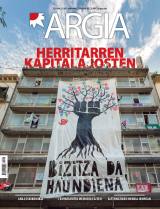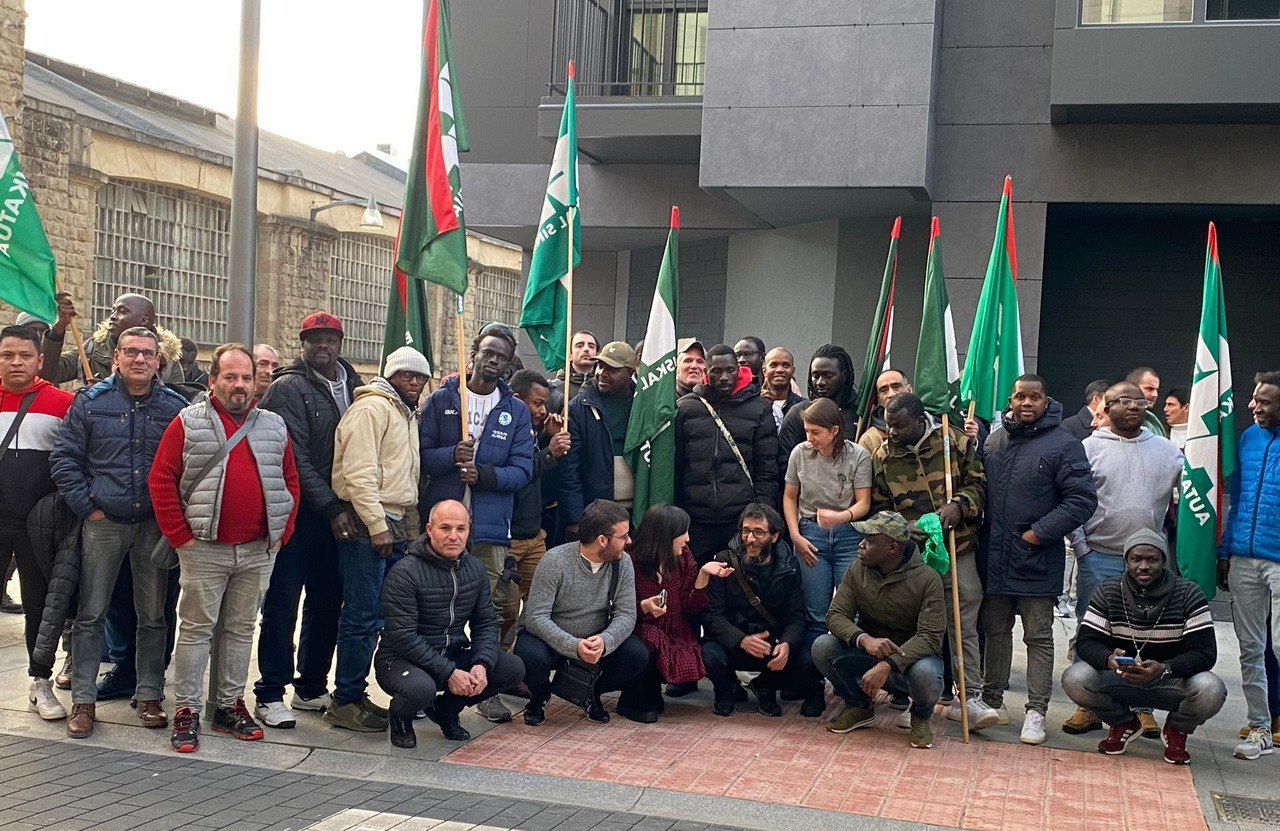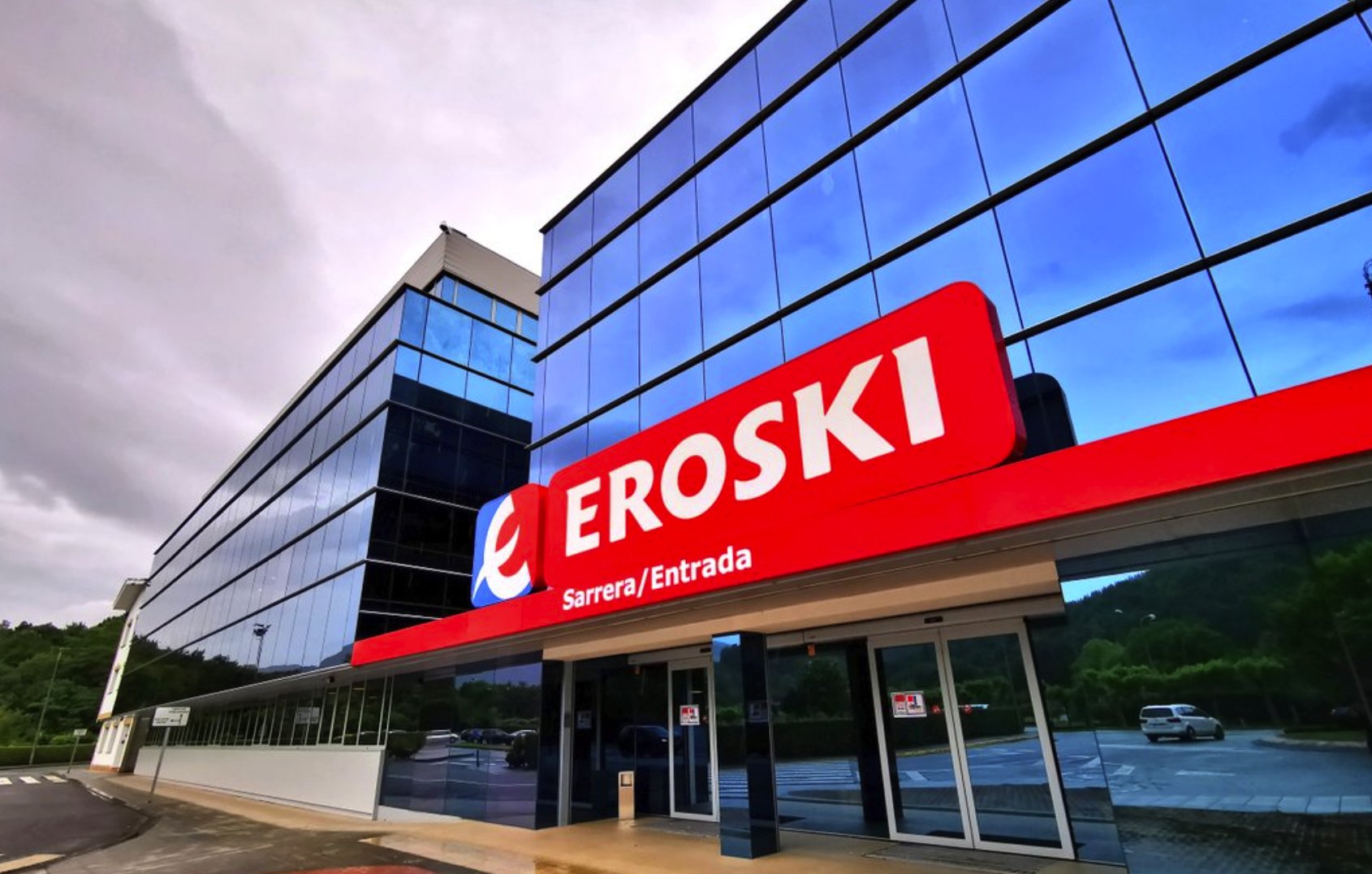From Arizmendiarrieta to Fagor and Eroski
- The citizens have had the opportunity to know the life and work of José María Arizmendiarrieta through a documentary: Arizmendiarrieta, cooperative man.
Markina’s priest, with the help of young Catholics, was the creator and impeller of the new experience that began in 1941 in the Basque cooperative movement through what we know as the Mondragon Cooperative Corporation. Today, it is one of the most important business groups in the Basque Country and in Europe. Eroski, Laboral Kutxa and Fagor are their best-known companies.
The cooperative and community vocation led Arizmendiarrieta to create projects that went beyond the capitalist conception of the existing business system. In the early years, they followed that path. However, we do not know what cooperativist would say today if he saw what has happened in recent years with Eroski and Fagor Household Appliances. These companies, in order to expand and compete in the world, had to sign voluntary contributions with very high interests and, after several years, were unable to meet their obligations. Fagor ran aground and thousands of small savers and workers were left unable to recover their money. Eroski is heavily indebted and his small savers also have problems.
Given the competitiveness of capitalist companies and economic globalisation, has this model of cooperativism failed? Has it been a mistake and a failure on the part of your managers or the whole system? How would cooperative man explain? Will it give the go-ahead to the operations that led Fagor and Eroski to bankruptcy and terrible indebtedness? These questions are not easy to answer, as the contexts are different. But there is a serious responsibility.
Beterri Saretuz eraldaketa egitasmoak gonbidatuta, Debagoiena 2030 sareko Aritz Ameztegik hitzaldia eman du Andoainen asteazkenean. Eskualde batean eraldaketa lortzeko nola eragin litekeen gako batzuk eskaini ditu.
























